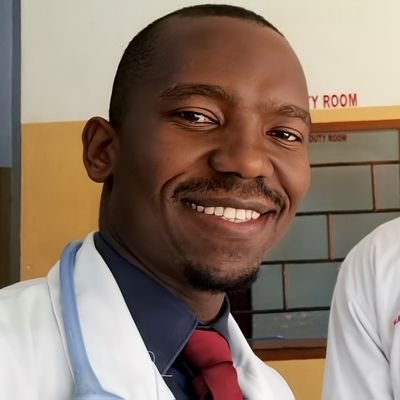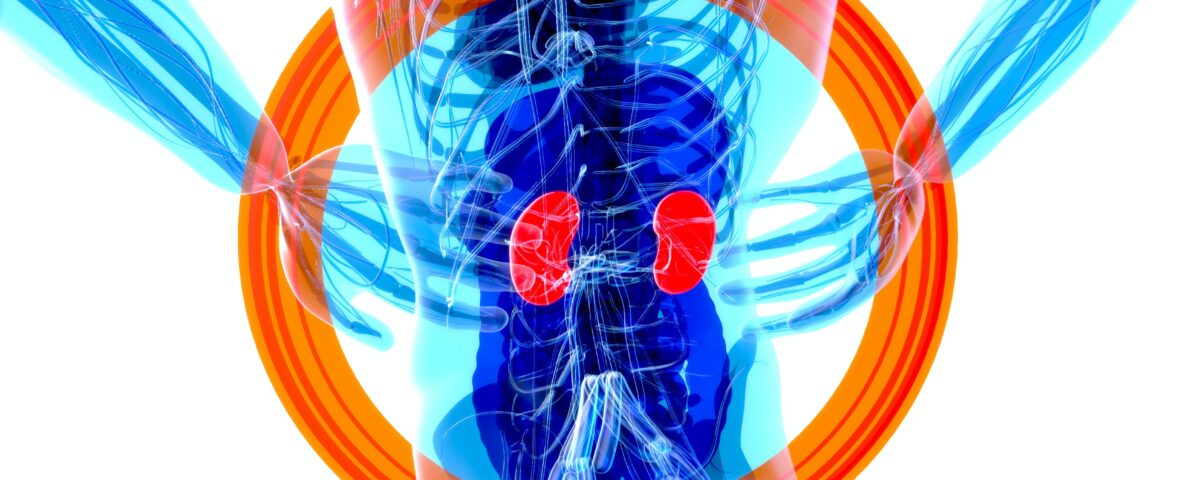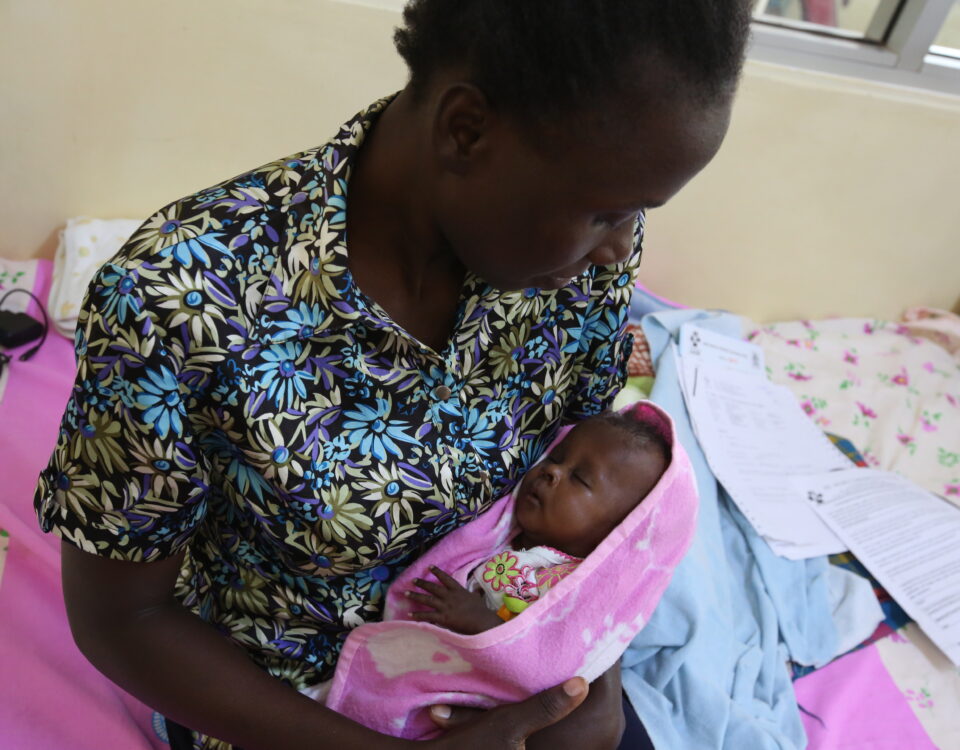By Dr. Oriba Dan Langoya | Photo by Julien Tromeur on Unsplash
Practising medicine in a resource-limited northern Uganda entails innovations and enthusiasm geared towards saving lives.
As we were doing a ward round in the Medicine Unit, we came across a teenager, whom I will use another name for anonymity as “Okello” who had travelled 100km from Kitgum District to Lacor Hospital in Gulu as a referral patient because of complicated malaria which required blood transfusions.
Okello had stopped forming urine and was swollen, he was restless on his bed, confused and struggling to breathe. The feeling of life being sucked out of him was as nearer as ever as you could see from his glaring confused gaze. He didn’t notice or recognise where he was, even his mother was an alien to him.
We activated emergency response immediately and made a call to transfer this struggling soul to ICU for advanced care. Quickly, we took blood samples for Kidney function tests and Serum electrolytes. The results came in shortly after following.
As I walked down the stairs of the Main Laboratory, chills and goose pimples would colonise my skin: what can we do to help restore this boy’s Kidney Functions which were skyrocketing? He needed dialysis, a service which is 360 km away from Gulu in Kampala, the country’s capital. The mother was stuck financially with no food. Death was imminent and she said; “Son, the Lord gives and takes, if this is the time to take, so be it.”
We were not convinced by her prayers. I immediately went to my Senior, Dr Jackson Kansiime, a Consultant Physician and also requested the Hospital Director Dr Cyprian to allow us to do this procedure; Peritoneal Dialysis to remove the waste which was causing us all sorts of deterioration in Okello. This was granted. I took him and we did a Point of Care Ultrasound with the Hospital Executive Director to place the modified Dialysis Catheter in this case, two nasogastric tubes into the peritoneum into the pelvic cavity, inserted a guide wire and confirmed using fluoroscopy. This was successful. We then took Okello back to ICU.
Another challenge was that dialysate, a fluid to remove waste, was not available so we had to make a dialysis fluid from ICU by calculating his osmolality and correcting the electrolytes derangement. We infused this locally prepared dialysate into the abdomen and after the toxins were absorbed by our fluid, we drained it out through another outlet – the nasogastric tube placed inside the peritoneum.
Okello Stayed in ICU for 6 days and received 7 sessions of Peritoneal Dialysis. Kidney function was established and he was very happy at discharge. We thank the ICU team, Medicine Department and Radiology team for working in a systematic manner to bring back this life.
We still face the challenges of Peritoneal Dialysis Catheter and Fluid since we have to compound the fluids specific for each patient and the Catheter has to be improvised, which is not ideal and can result in infections and failure of Dialysis.
We lack Arterial blood gas analysis which is instrumental in knowing the physiological derangement in blood and improving outcomes. With much interest, I also hope one day we can do Hemodialysis for acute Kidney Injury at Lacor Hospital and improve the outcome of these patients.
We have so far dialysed 16 patients and conserved 24 patients in both Medicine and Pediatrics using this innovative approach. I see so many patients with chronic kidney disease but the above total of 40 are acute cases in a span of two months. All these patients who have undergone Dialysis had a good outcome with a resolution of AKI.
One patient from Maternity with Severe Preeclampsia with a creatinine level of 20.8 had 12 sessions and has also been discharged with a creatinine level of 1.1mg which is normal. I believe we shall be able to save 20 children and adults monthly and 240 annually on a minimum if we continue with the 20 patients a month as is the case right now. However, the numbers are really increasing. This week alone, we have done 5 dialyses for patients including one patient with SCD who is also improving and doing well. These are not counted in the above stat.
I believe we can set up a sustainable Renal Replacement therapy centre here in Lacor to help patients with Acute Kidney Injury with a little help and save thousands of lives.
Lastly, I commend all my teammates/staff at ICU, Medicine Ward and Radiology Department who work tirelessly and diligently in providing quality service. We have so far done 6 cases of peritoneal dialysis with excellent outcomes in patients especially Pediatrics who would have lost their lives to complications of Acute Kidney Injury. We also become the only centre after Mulago Hospital in providing this care. May God bless everyone who works to sustain life.
“The acquisition of wealth is no longer the driving point of our lives, we work to better ourselves and the rest of humanity.” Picard in StarTrek
 Dr. Oriba Dan Langoya is a specialist in the
Dr. Oriba Dan Langoya is a specialist in the
Department of Internal Medicine,
Division of ICU and Critical Care Nephrology,
St. Mary’s Hospital Lacor, Gulu.


